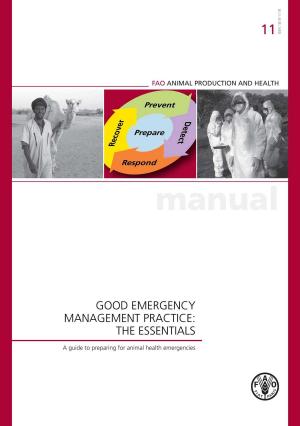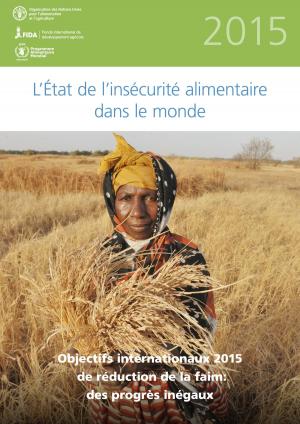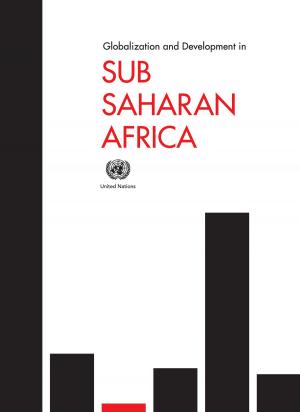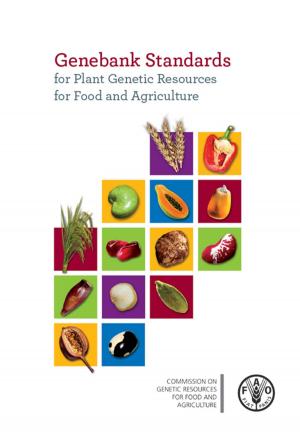The World's Cities in 2016
Nonfiction, Social & Cultural Studies, Political Science, Politics, City Planning & Urban Development| Author: | Department of Economic and Social Affairs | ISBN: | 9789213620007 |
| Publisher: | United Nations | Publication: | September 16, 2016 |
| Imprint: | United Nations | Language: | English |
| Author: | Department of Economic and Social Affairs |
| ISBN: | 9789213620007 |
| Publisher: | United Nations |
| Publication: | September 16, 2016 |
| Imprint: | United Nations |
| Language: | English |
In 2016, an estimated 54.5 per cent of the world’s population lived in urban settlements. By 2030, urban areas are projected to house 60 per cent of people globally and one in every three people will live in cities with at least half a million inhabitants. Understanding the key trends in urbanization likely to unfold over the coming years is crucial to the implementation of the 2030 Agenda for Sustainable Development and for efforts to forge a new framework of urban development during the Habitat III conference scheduled to be held in Quito, Ecuador in October 2016. This data booklet highlights current and future trajectories of populations in cities around the globe, drawing on population estimates and projections published in World Urbanization Prospects: The 2014 Revision.
In 2016, an estimated 54.5 per cent of the world’s population lived in urban settlements. By 2030, urban areas are projected to house 60 per cent of people globally and one in every three people will live in cities with at least half a million inhabitants. Understanding the key trends in urbanization likely to unfold over the coming years is crucial to the implementation of the 2030 Agenda for Sustainable Development and for efforts to forge a new framework of urban development during the Habitat III conference scheduled to be held in Quito, Ecuador in October 2016. This data booklet highlights current and future trajectories of populations in cities around the globe, drawing on population estimates and projections published in World Urbanization Prospects: The 2014 Revision.















